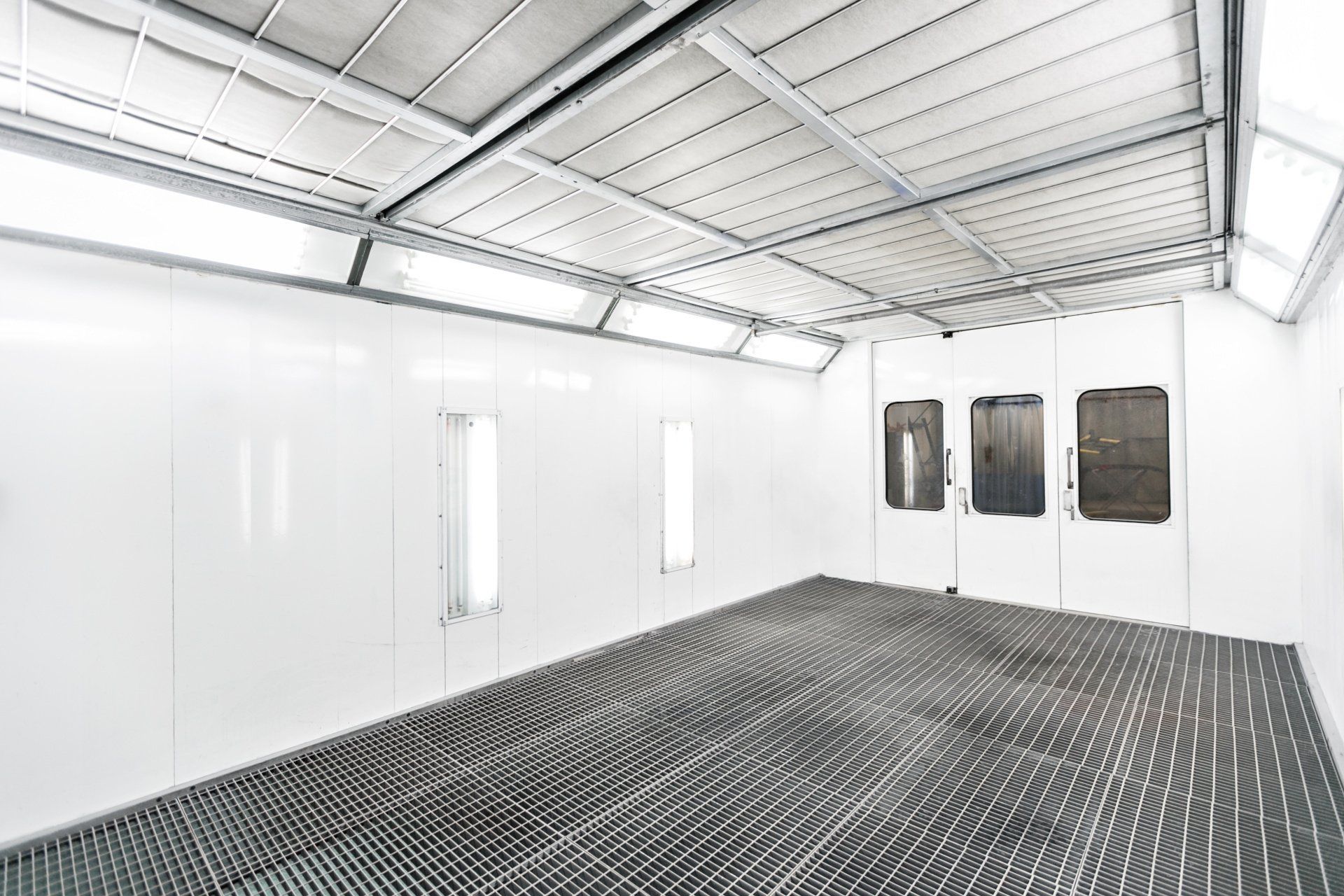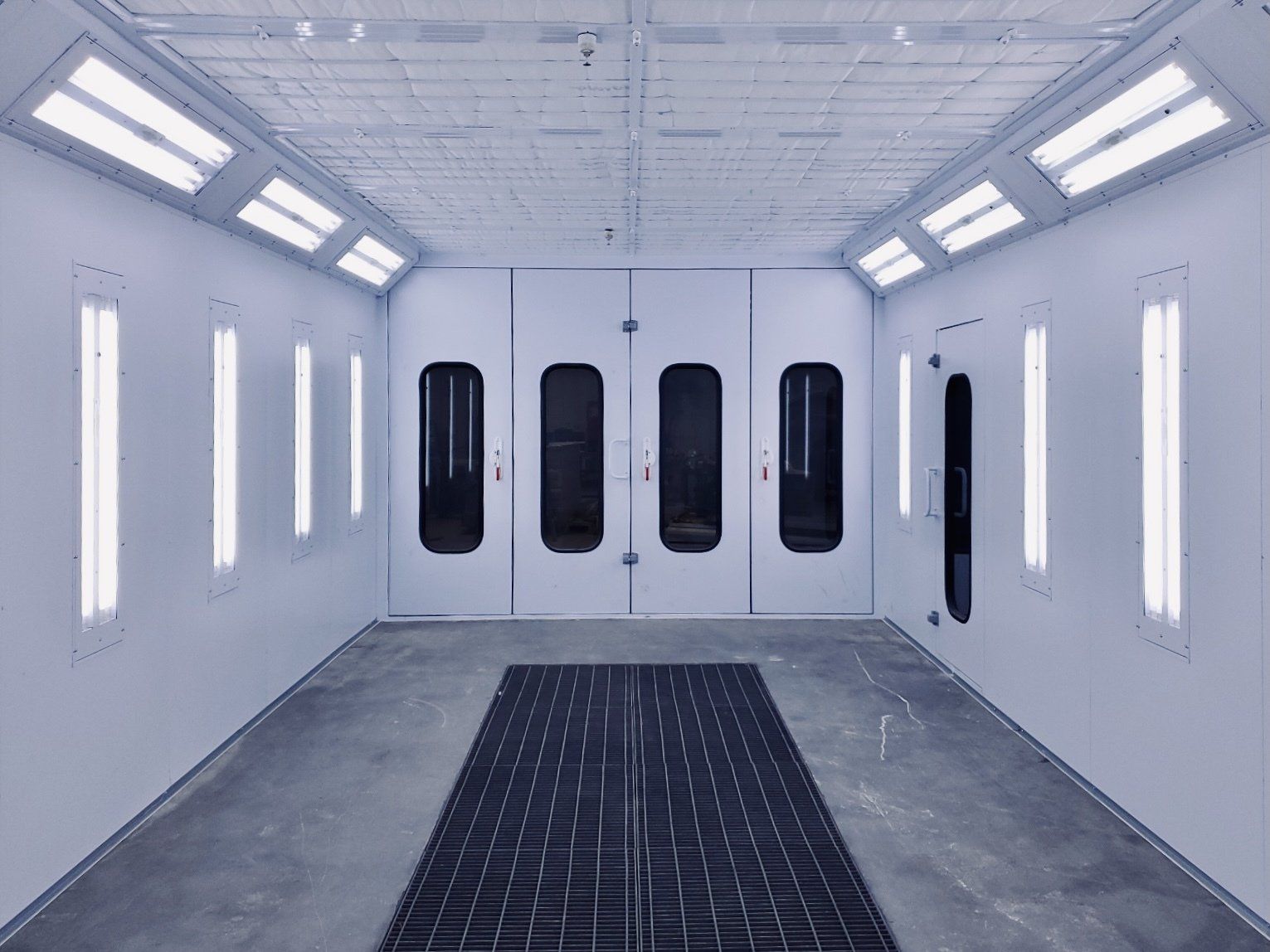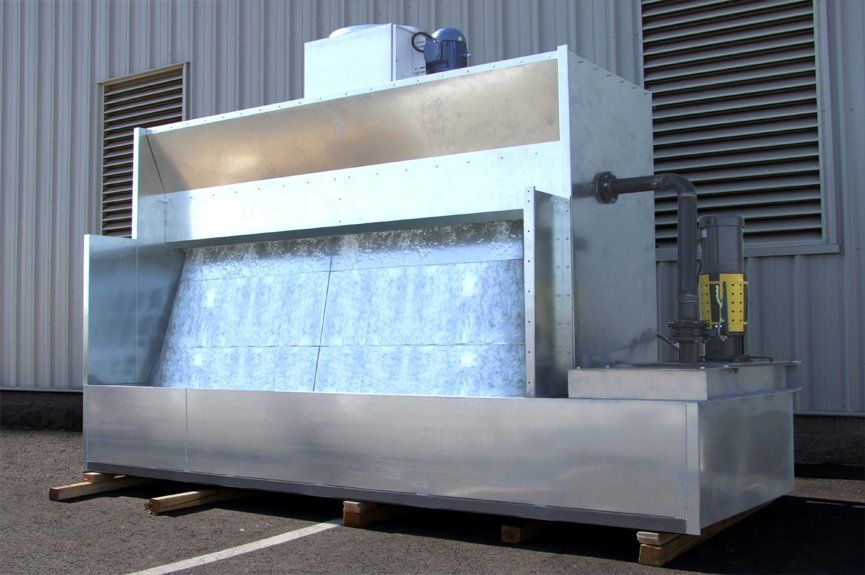Choosing Gas and Electric Industrial Ovens --- Top Things to Consider
Manufacturers in Texas, Oklahoma and Louisiana are no strangers to the industrial oven. Some producers favor gas burners, and others electric ovens, and the reasons they would give include costs, safety concerns and efficiency at different temperatures.
In today’s article, we will be exploring several major factors that should guide your decision in how to choose between gas and electric industrial ovens. As a manufacturer, you may already have one of the factors in your mind, but we advise that you consider all aspects before making your final decision. The impact on your business costs and efficiency will be different depending on your choice, and where your operations are located.
Factor #1: It’s true --- gas ovens often work out cheaper
In the US, gas generally costs less than electricity, which has helped ensure that the majority of users of industrial ovens will find financial savings when using a gas oven. Yes, a small electric oven is cheaper to purchase than a smaller gas one, as are electric machines on the much larger end of the scale, but the middle ground occupied by most users favors gas.
The direct firing process used by the gas ovens makes the process more efficient, thus cheaper overall. This is even true when a manufacturer has to install a gas service from scratch, with that one-time installation fee being less than the long-term cost of running an electric oven.
Factor #2: Electric ovens, however, are more efficient at lower temperatures
When you know you need to limit the temperature inside the burner to a lower level, then electric ovens have a major advantage. A gas oven is much less efficient in this regard, as you have to keep the temperature at a minimum level for it to stay working. The result is the need for the burner to cycle on and off while you keep relighting. The entire process is rather tiresome.
An electric oven does not have this problem, since you can adjust the temperature to whatever you need without halting the movement of air. When temperature needs to be both precise and adjustable, electric is a good way to go.
Factor #3: Gas ovens come with additional safety concerns
One more advantage of electric ovens is safety. Gas ovens, regardless of their size, require explosion relief. Their direct-fired operation style means that the risk of explosion, no matter how small when running properly, is always present. That means mitigation by the proper incorporation of explosion relief, which adds to the initial costs.
Factor #4: Different locations have different safety requirements
If your operations are in a single location, then you only have to worry about local laws and regulations, but if you are purchasing equipment for other sites, especially international sites, then there are further rules to consider.
Take Canada, for instance. In the Great White North, they have far stricter codes for gas ovens, which often will require third-party compliance inspections, and the machines will need ETL-C listings. That adds to the cost of doing business if you want gas ovens.
In Summary
In the end, you have to consider your own operational needs. The mid-size ovens that most industries need are most efficient in the gas form and if that’s the bottom line for you, then gas is best. Don’t forget the safety considerations, though. If, however, you need a small or very large unit, or operate at lower temperatures frequently, then electric suits you best. Connect with us today to learn more about our industrial finishing systems.










